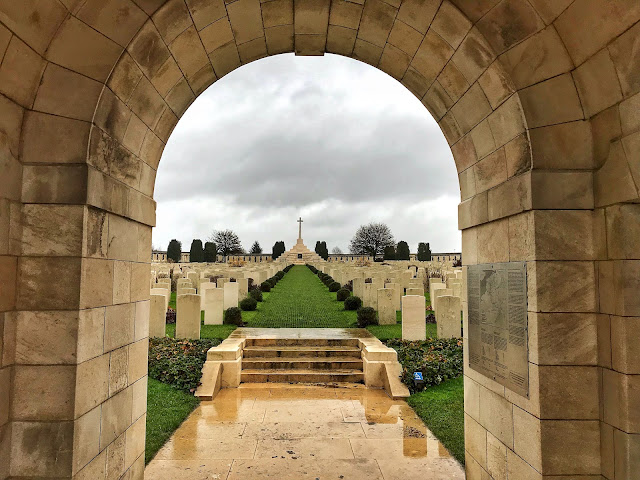'The Uses and Abuses of History', by Margaret Macmillan
Margaret Macmillan, The Uses and Abuses of History, (London: Profile Books, 2009), (2010 paperback; £8.99).
To me, having studied my BA in history and politics, I found this to be a very interesting approach. Lots of the ideas presented were not new concepts to me but Macmillan phrases them so eloquently, with well-chosen historic references, that it made it a very thought-provoking read. Some examples, like the international impact of the Treaty of Versailles, are more obvious than others, such as China's 'Century of Humiliation'. Macmillan takes a truly international approach to the uses of history. While many examples come from Britain, the US, and her native Canada, she also writes about Japanese relations with China, Greek nationalism within Turkey, and Aboriginal struggles in Australia, giving the book a global scope that gives it authority as a comprehensive study.
This is particularly impressive in such a short and easy read, numbering at just 170 pages. Despite its brevity, the book retains a sense of depth, making nuanced and detailed points. For instance, individual nuggets of information such as the joint history textbook produced by France and Germany in 2006 are given the space to be properly explained, before being quickly and neatly tied into Macmillan's grand narrative of using the same history that divided as a tool of reconciliation. In this particular example, Macmillan also draws a direct comparison with the ongoing struggles between Israel and Palestine to achieve something similar, demonstrating that it is not just our own histories which influence us, but also those from across the world.
 |
| Mitterand and Kohl: united in spite of, and because of, their nation's histories. |
'Uses and Abuses of History' is a deliberately exciting title, which was no doubt the choice of the publishers' marketing team, as while that is very broadly what the book seeks to cover, 'uses' and 'abuses' are not diametric opposites, particularly when history is used in political rhetoric. As Macmillan argues, to some extent all history is being manipulated, especially in politics, to suit the state narrative. While most of this is not as extreme as Soviet lies about who committed the atrocities of the Second World War, absolving themselves of any wrongdoing, it equally serves the British narrative to present Winston Churchill as the the strong wartime leader rather than as a hapless Chancellor. Where does this use of history become an abuse? Callbacks to the strength Churchill's premiership are truthful but they are also selective, ignoring the previous mistakes of his career, including his gravest miscalculation at Gallipoli. It is a clear use of history, but does telling only a partial story constitute an abuse? I would suggest not, and that instead it would be more valuable to assess on the basis of different strengths and types of use for history.
| Churchill: Britain's iconic symbol of leadership |
This book was published in 2009, and is based on lectures given earlier, and as a result it relies heavily on Blair and Bush as the contemporary. Today, in post-Chilcot Britain, we already feel removed from this perspective and in particular the debates around Iraq, yet it nonetheless remains a useful text. Certainly, if Macmillan had written this in 2017, she would have focused more on Syria than Iraq and Korea than China, yet that is the nature of history. As international politics moves and shifts - sometimes quickly and drastically - so too does our study and use of history.
The Uses and Abuses of History was a quick but interesting read, which I completed in two train journeys, travelling to and from the War Through Other Stuff workshop in Leeds. It definitely raises pertinent points, which not only influenced my thinking at the workshop on Saturday, but will continue to do so, whether in my studies or when watching the news.
A valuable book for anyone with an interest in history (military or otherwise) or current affairs. It is by no means the conclusive book in its field, but is nonetheless a brilliant book and definitely a worthwhile read.
Kathryn



No comments: